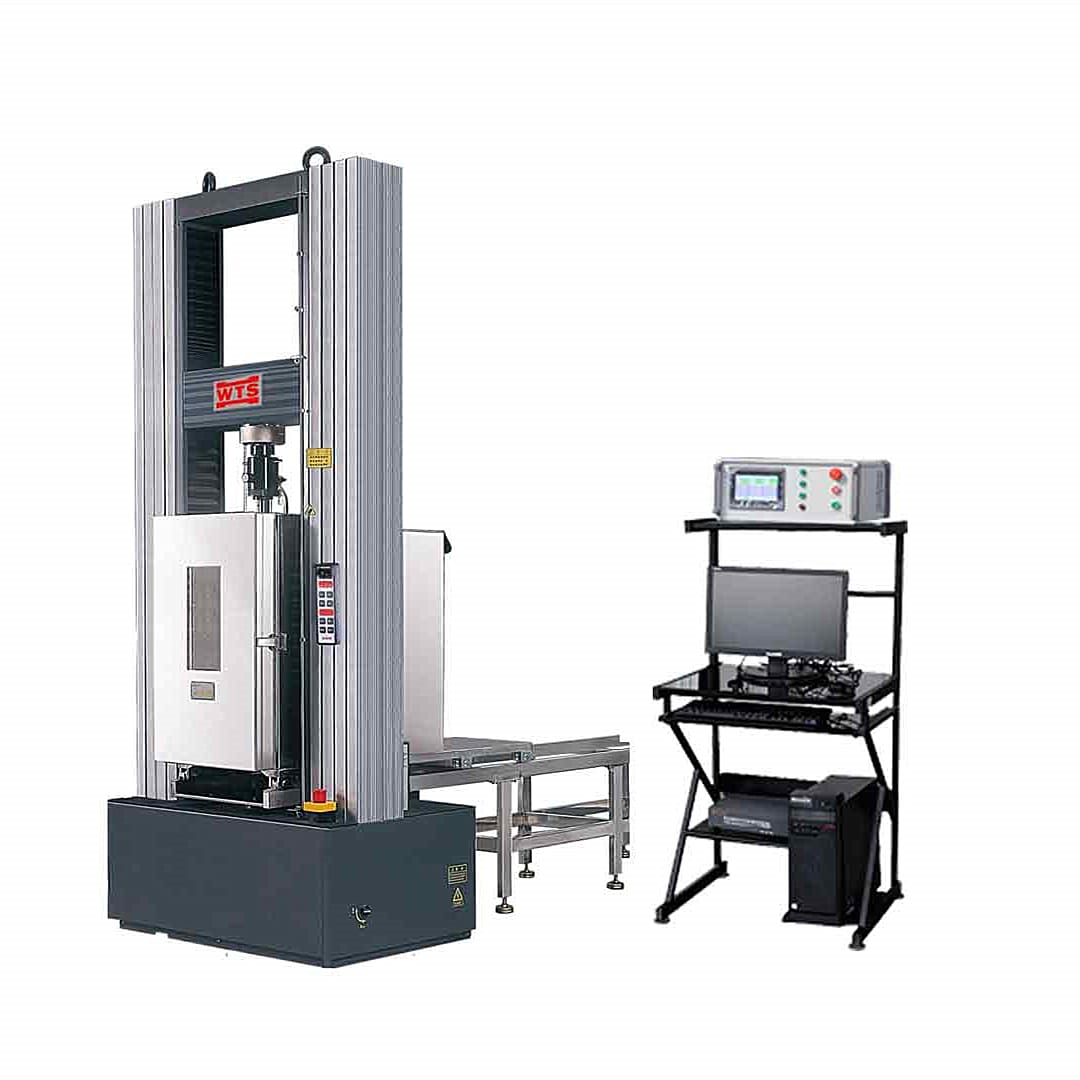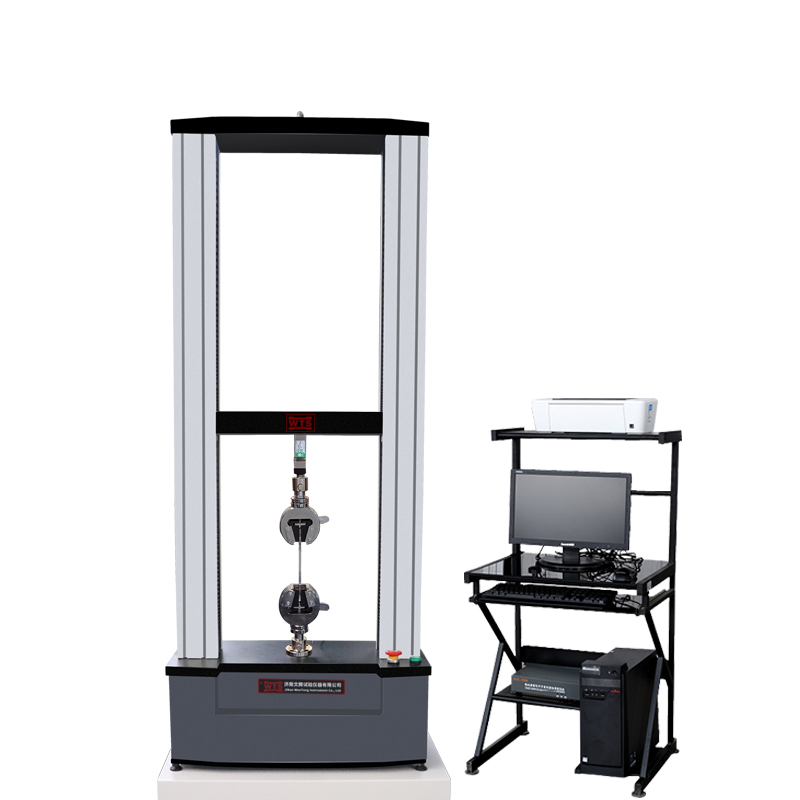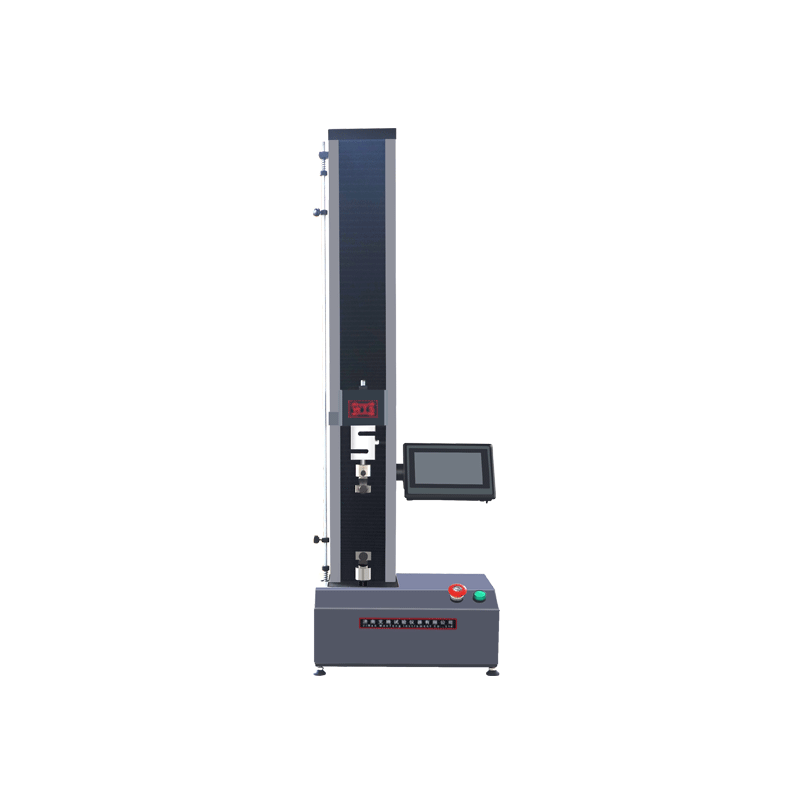When it comes to material and soil testing, two commonly mentioned devices are the Unconfined Testing Machine and the Universal Testing Machine (UTM). Although their names may sound similar, they serve very different purposes in engineering, construction, and research. This article explains their definitions, key differences, applications, and advantages to help you choose the right equipment for your project.
What is an Unconfined Testing Machine?
An Unconfined Testing Machine is a specialized device used mainly in geotechnical engineering.
It measures the unconfined compressive strength (UCS) of soil samples.
The soil specimen is not confined laterally, meaning no side pressure is applied during the test.
This method is especially important for soft clay, cohesive soils, and foundation analysis.
Typical applications include:
Determining soil bearing capacity for construction sites
Evaluating soft soil for road or dam foundations
Research in geotechnical laboratories

What is a Universal Testing Machine (UTM)?
A Universal Testing Machine (also called UTM) is a versatile instrument designed to test the mechanical properties of materials under different loads.
It can perform tensile, compression, bending, and shear tests.
UTM works for a wide range of materials: metals, plastics, composites, concrete, and rubber.
Modern UTMs are computer-controlled, offering precise data such as stress-strain curves, yield strength, elongation, and modulus of elasticity.
Typical applications include:
Quality control in manufacturing
Testing building materials (steel, concrete, wood)
Academic and industrial research
Key Differences Between Unconfined Testing Machine and Universal Testing Machine
| Feature | Unconfined Testing Machine | Universal Testing Machine (UTM) |
|---|---|---|
| Purpose | Soil strength testing (UCS test) | Multi-purpose material testing |
| Materials Tested | Soil, especially soft cohesive soils | Metals, plastics, composites, concrete, wood |
| Load Type | Axial compression only | Tension, compression, bending, shear |
| Structure | Simple, usually one-column press | Complex, two- or four-column design |
| Applications | Geotechnical labs, soil mechanics | Construction, manufacturing, R&D labs |
Choosing the Right Machine
If you are working in geotechnical engineering, evaluating soil strength for foundations, dams, or roadbeds, an Unconfined Testing Machine is the right choice.
If your focus is on material testing across different industries, such as metals, plastics, or construction materials, a Universal Testing Machine (UTM) provides far greater versatility.

Final Thoughts
While both machines are essential in the field of engineering, they serve distinct purposes. The Unconfined Testing Machine is specialized for soil strength analysis, whereas the Universal Testing Machine is a general-purpose tool for testing a variety of materials.
By understanding their differences, engineers, researchers, and quality control professionals can make informed decisions about which machine best fits their testing needs.








